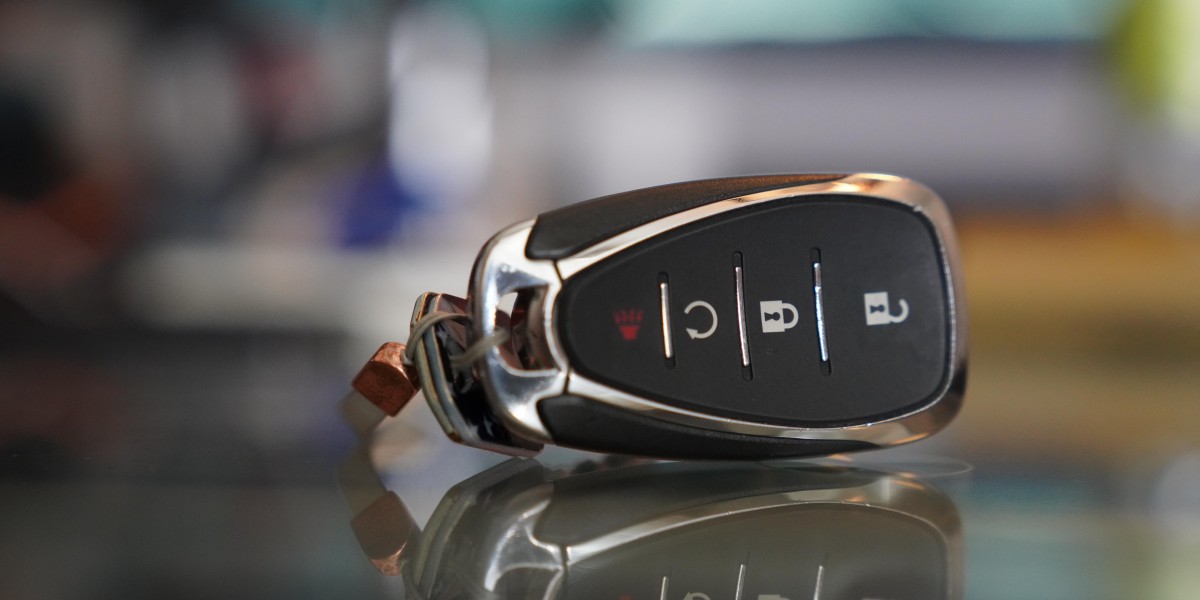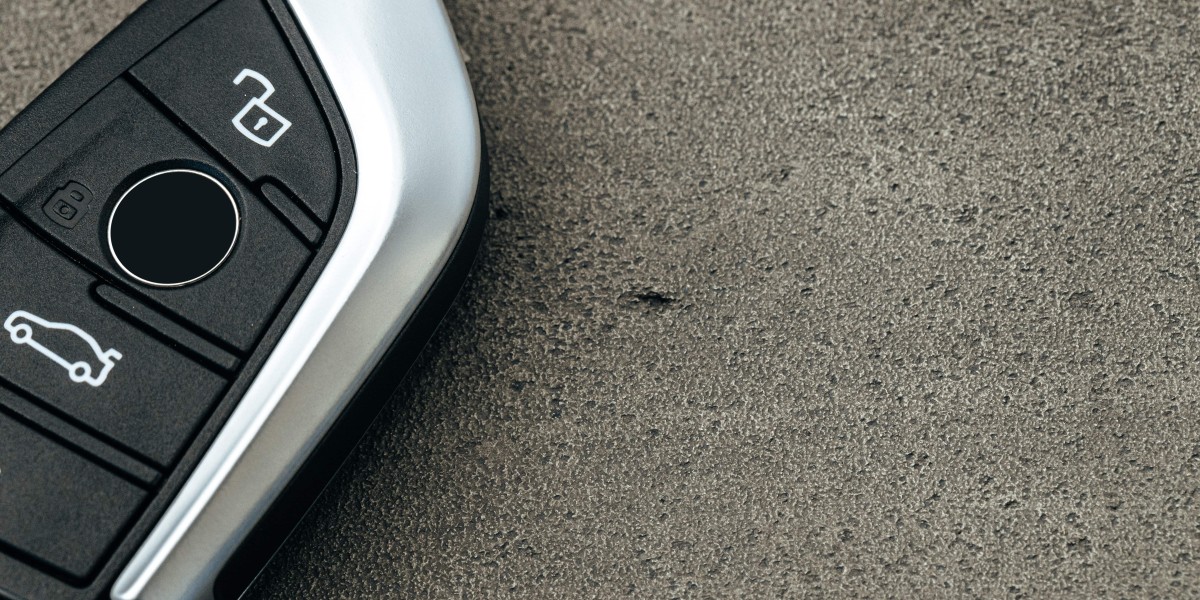Understanding Replacement Keys: Your Guide to Key Duplication and Replacement Options
Keys are a crucial part of every day life, acting as the gateways to our homes, cars, and other secured spaces. Nevertheless, losing or damaging a key can lead to substantial trouble and costs. Replacement keys provide a practical solution, however the process can differ depending on the type of key and the service provider. This post will explore the various types of keys, the replacement procedure, and supply essential information to help you browse the world of key duplication and replacements.
Table of Contents
- Intro
- Types of Keys
- 2.1 Traditional Keys
- 2.2 Transponder Keys
- 2.3 Key Fobs
- 2.4 Smart Keys
- The Replacement Process
- 3.1 DIY vs Professional Replacement
- 3.2 Cost Considerations
- Frequently Asked Questions
- Conclusion
1. Intro
Replacement keys are vital in scenarios where the initial key is lost, taken, or harmed. Comprehending your choices and the replacement process can conserve time, money, and stress. Whether you require a basic metal key or a sophisticated electronic key, understanding the best actions can lead you to the very best option.
2. Types of Keys
Keys been available in various types, each corresponding to different locking mechanisms. Here are the most typical types of keys:
2.1 Traditional Keys
Conventional keys are generally made from metal and have a simple style. They are typically used for domestic doors and simple locks.
- Pros: Easily duplicated, economical.
- Cons: Can be easily lost or replicated, less protected than contemporary options.
2.2 Transponder Keys
Transponder keys are equipped with a chip that communicates with the vehicle's ignition system. They supply extra security against unauthorized usage.
- Pros: Enhanced security, hard to duplicate without proper equipment.
- Cons: More expensive to replace, might need programming.
2.3 Key Fobs
Key fobs are remote devices frequently utilized for keyless entry in vehicles. They might include additional functions such as panic buttons or trunk release.
- Pros: Convenience of keyless entry, features beyond just locking/unlocking.
- Cons: Higher replacement costs, may require dealership services.
2.4 Smart Keys
Smart keys make use of innovative technology, often allowing access without removing the key from your pocket or bag. These keys communicate wirelessly with the vehicle.
- Pros: Highly practical, incorporated with advanced security functions.
- Cons: Expensive, can be difficult to replace if lost.
| Type | Pros | Cons |
|---|---|---|
| Conventional Keys | Quickly duplicated, cost-efficient | Easily lost, less safe and secure |
| Transponder Keys | Improved security | Expensive to replace |
| Key Fobs | Practical, additional functions | Greater replacement expenses |
| Smart Keys | Extremely practical | Extremely pricey |
3. The Replacement Process
The process of getting a replacement key differs based on the type of key and where you select to choose replacement. Below are the primary choices:
3.1 DIY vs Professional Replacement
- DIY Replacement:
- Use key duplication kits readily available at hardware stores.
- Program transponder keys utilizing gadgets that might be leased or acquired.
- Professional Replacement:
- Visit a locksmith for standard keys.
- For state-of-the-art keys (like fobs or wise keys), it may be necessary to go to a dealership or specialized company.
3.2 Cost Considerations
The cost of replacement keys how can i get a replacement key for my car (81.69.12.67) differ considerably based on the type:
- Traditional Keys: ₤ 1-₤ 5 per key.
- Transponder Keys: ₤ 50-₤ 150 per key (consisting of programming).
- Key Fobs: ₤ 50-₤ 300 or more, depending on the model and features.
- Smart Keys: ₤ 200-₤ 600, frequently depending upon dealership fees and shows.
Cost Comparison Table
| Key Type | Estimate Cost | Where to Replacement |
|---|---|---|
| Standard Keys | ₤ 1-₤ 5 | Regional hardware shops |
| Transponder Keys | ₤ 50-₤ 150 | Locksmiths or dealerships |
| Key Fobs | ₤ 50-₤ 300 | Dealerships |
| Smart Keys | ₤ 200-₤ 600 | Dealerships |
4. Often Asked Questions
Q1: How can I get a replacement key for my car?
To get a replacement key for your car, contact your dealer, a licensed locksmith, or a specialized key service. You may require to supply ownership evidence, such as registration.
Q2: Are all keys easily replicated?
Not all keys can be duplicated quickly. Standard keys can be quickly copied, while transponder keys and wise keys might require specialized equipment or programs, making them harder and more costly to duplicate.
Q3: What should I do if I lose my last key?
If you lose your last key, it's advisable to call a locksmith professional or your dealership immediately. Having your vehicle identification number (VIN) or proof of ownership prepared will speed up the replacement process.
Q4: Can I replace a wise key in your home?
Generally, wise keys need expert assistance to replace, as they often involve programs that can't be done utilizing DIY techniques. Going to a car dealership is advised.
5. Conclusion
The world of replacement keys incorporates a variety of alternatives, each with its factors to consider relating to cost, accessibility, and convenience. Knowing the distinctions in between traditional and electronic keys, in addition to understanding the replacement procedure, can substantially alleviate the problem of losing or harming your keys. Should the unfortunate scenario occur where a key is lost or harmed, being informed about your options ensures a smoother replacement experience.








